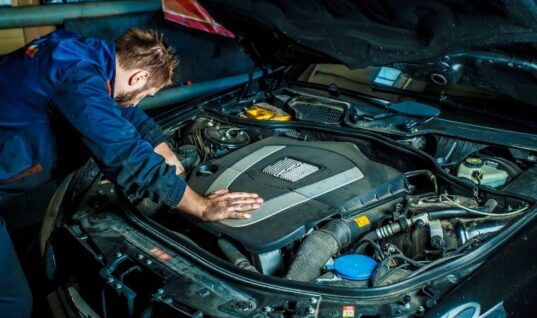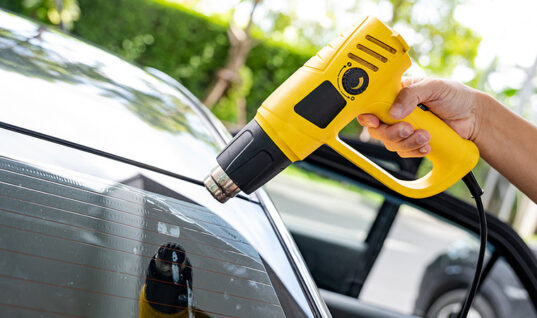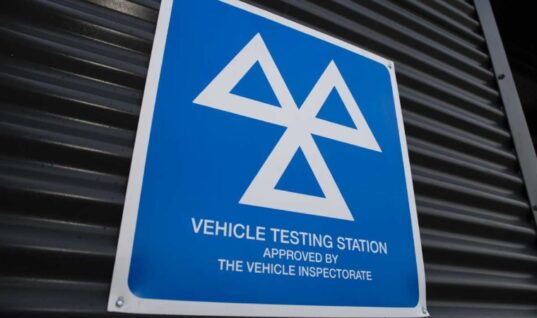More new cars will be subject to Vehicle Exercise Duty (VED), Chancellor George Osborne announced during last week’s emergency Budget.
Osborne said that the current VED regime is not sustainable and that by 2017 three-quarters of new cars will pay no road tax in their first year if it was to remain in place.
The changes will still be based on CO2 emissions but would be split into three bands; zero emission (£0), standard emission (where 95 per cent of new vehicles would pay £140 a year) and premium (cost to be confirmed).
There will be no change to VED for existing cars but the change will mean that many people buying new cars will pay more in 2017 than under the current system.
“Every single penny” raised by VED will go into a new road fund to pay exclusively for highways maintenance by the end of the decade.
During his announcement, Osborne said: “Tax paid on people’s cars will be used to improve the roads they drive on.
“It is a major reform to improve the infrastructure and productivity of our economy – and deliver a fairer tax system for the motorist.”
The government claims that a change from three years to four years before the first MOT on new cars will save motorists money.







